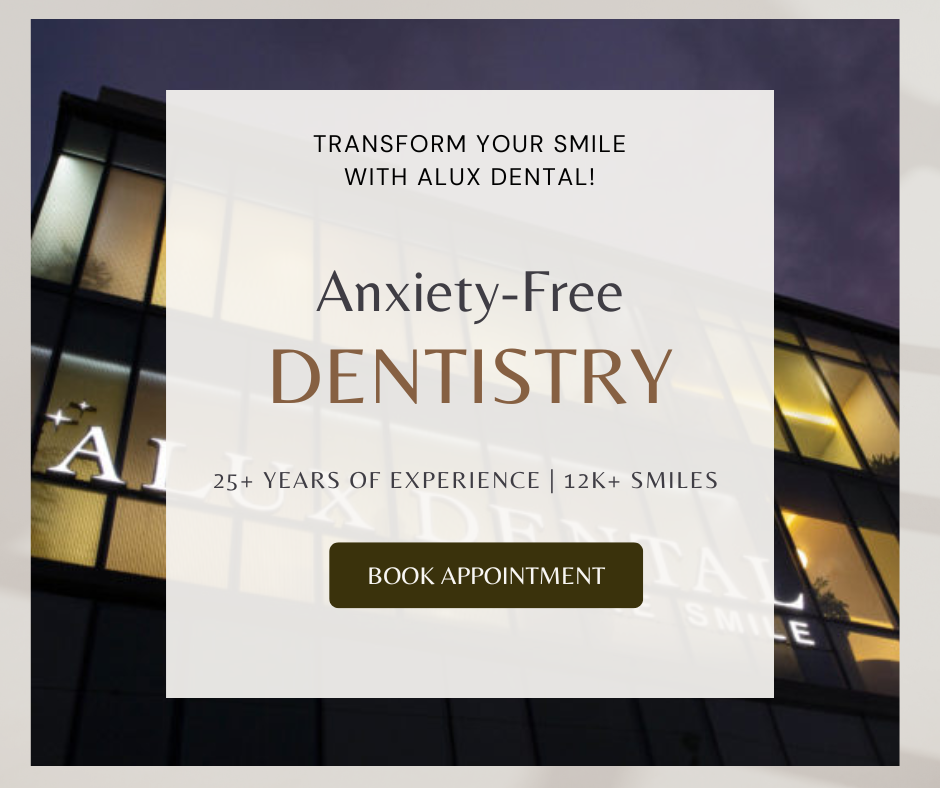Is There Any Possible Connection Between Migraine and Tooth Pain? | Alux Dental

Migraine episodes frequently cause excruciating pain in one or more areas of the head, including the scalp, behind the eyes, and on the cheekbones.
They can, however, induce ear and jaw discomfort. If you’ve been having tooth discomfort with no obvious dental causes, a migraine might be to blame.
- Although most migraines cause pain in the top areas of the head and face, pain can also be felt below these locations.
- It is less typical for a migraine to impact the center of the face, although some people suffer pain in their teeth during a migraine episode.
- Neurovascular orofacial pain is the medical name for this illness.
What effects may a migraine have on your teeth? While the actual origin of migraine is unknown, researchers believe it is caused by aberrant neural activity that disrupts the operation of the brain’s blood vessels, chemicals, and nerve impulses. The resulting discomfort may spread into the teeth.
Suffering from Chronic Migraines
During an episode, you may experience nausea, dizziness, vomiting, facial tingling or numbness, and sensitivity to light and sound, which can last anywhere from four hours to three days.
- A migraine may ruin up to 15 days every month.
- Missed several days of work or school
- Increase your chances of developing additional disorders including sadness and anxiety.
A migraine can be caused by a variety of causes, including lifestyle and environmental variables, weather, hormones, and drugs.
The term orofacial relates to your head (face, jaw, and so on), neck, mouth, and throat (teeth, gums, etc.). Some migraine stimuli, such as stress, are shared by the orofacial diseases listed below.
Furthermore, the American Migraine Association states that some orofacial diseases can aggravate migraines, and migraine discomfort might be mistaken for dental pain.
Temporomandibular Joint Disorder (TMJ)
TMJ, or temporomandibular joint disease, occurs when the altered ball and socket joint that connects your upper and lower jaws fails to function properly. The fundamental function of the joint is to allow the lower jaw to move in three different directions: forward, backward, and side-to-side. TMJ can cause your jaw to click and snap or to become temporarily jammed.
Among the TMJ symptoms are:
- Migraines or severe headaches
- Sounds such as clicking or popping
- Tense jaw muscles
- Toothaches and earaches
Your dentist can identify TMJ and provide you with treatment options for jaw discomfort. Reducing sensations associated with muscular tension might help to lessen any accompanying headaches.
Other techniques to ease or manage TMJ pain involve preventing excessive chewing, scheduling regular exercise, and soothing the jaw.
Bruxism
You may suffer bruxism, or the act of crushing or grinding your teeth, only when sleeping or all through the day. Stress, misplaced teeth, or nerve function problems in the face can all contribute to bruxism.
Among the signs of bruxism are:
- Headaches in the morning
- Migraines
- At night, there are grinding noises.
- Muscle tension in the jaw
- Teeth that have been cracked or damaged, resulting in tooth discomfort
If you have any of these symptoms, consult your dentist for a complete diagnosis. Your dentist can treat dental bruxism by realigning your teeth or equipping you with an anti-grinding mouthguard.
Professional counseling, relaxation methods, or prescription medication can all be used to manage stress-related bruxism.
The Last Word
Migraine headaches are severe migraines that can cause discomfort in one or more areas of the head or face. Migraine can be intermittent or persistent, and it is frequently accompanied by unpleasant symptoms such as nausea and light sensitivity. Migraine discomfort can sometimes affect the center area of the face, spreading into the teeth.
If you’re suffering inexplicable tooth discomfort, make an appointment with your dentist first to check for any indicators of teeth issues.

